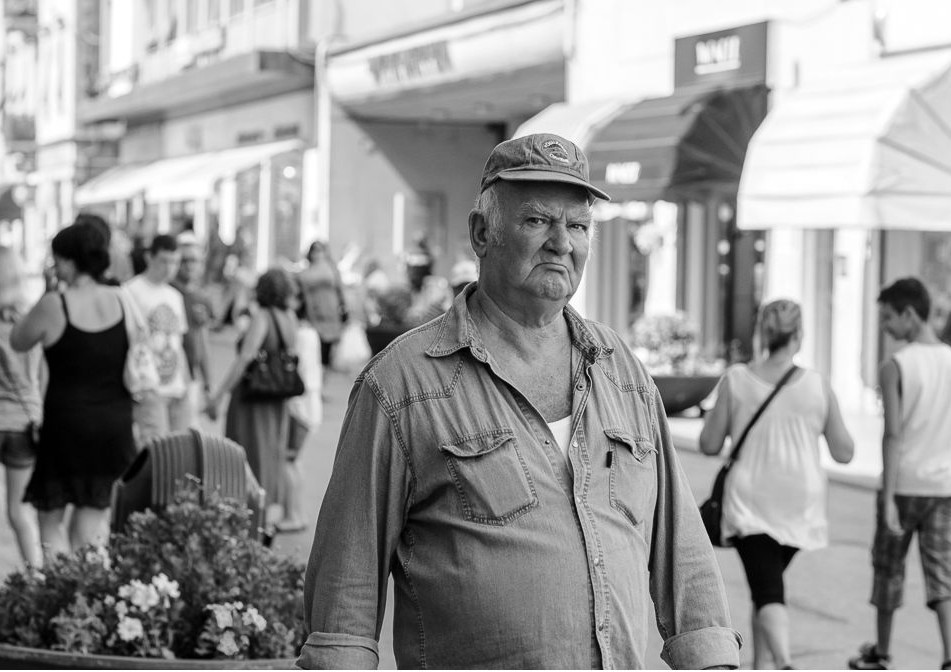Social media’s coverage of police brutality cases have renewed the discussions regarding race relations in America. The conversations center on systemic racism in America evidenced by the country’s lack of respect for black lives. Unfortunately, opposition to this conversation comes in the form of placing the burden on the black community by asking: “what about black-on-black crime? How are black people so mad at the police killing black people when they’re out there killing each other?”
Anyone choosing to conflate black-on-black crime with state sanctioned murder is being disingenuous, as these are two separate conversations that have the attention of the black community.
For the record, an overwhelming majority of violent crimes are intraracial. If there is to be a designation for “black-on-black” crime, it would necessitate that labels were created for all races and ethnicities. Mainstream media, which is keen on perpetuating black criminalization, gives the impression black people are either predisposed to criminal behavior or somehow commit more crimes than their white counterparts. One might point to the higher incarceration rate of black men, as black men make up almost 40% of the jail population, according to U.S. Justice Department statistics, but fail to take into account the inherent biases in America’s judicial system, like the one most recently found in Ferguson, Missouri. Yes, black people commit crimes, but it’s mostly against other black people which is the same for all races in America, period.
Officer-involved shootings against the black community have captured national attention as the police have shown a lack of respect for black bodies. The recent string of killings are justified by the media, as any reported wrongdoing by the police is overshadowed by coverage to give them the benefit of doubt. The narrative becomes more troubling when juxtaposing the deaths of unarmed blacks against their white counterparts. It simply defies logic. Tamir Rice and John Crawford were killed for having toy guns in an “open carry” state, but James Holmes (movie theater shooting in Colorado) is able to be taken into custody after killing 12 people and wounding 58 more. The police saw enough humanity in James Holmes, a 24-year-old white man, to arrest him and give him the chance to stand trial, but Cleveland police referred to a black Tamir Rice “as a 12 year old boy in an adult body.”
Ridiculous.
Mainstream media, which is keen on perpetuating black criminalization, gives the impression black people are either predisposed to criminal behavior or somehow commit more crimes than their white counterparts.
These days, it’s difficult to understand anyone who brings up “black-on-black” crime during a discussion with respect to police brutality. While it’s popular to assert “black people only care about black people dying when it comes to the police,” the argument simply has no merit. On April 24, 2012, Ta-Nehisi Coates wrote “Why Don’t Black People Protest ‘Black-on-Black Violence’?,” in response to an assertion by journalist Juan Williams, who posted a meme which questioned why the black community doesn’t march for other blacks when they’re killed by their own people. Coates’ response included six events and summits which specifically addressed violence in the black community. It might be popular to say the black community isn’t confronting issues of black violence against one another, but it’s simply not true.
Disrupting discussions about police brutality with “what about ‘black-on-black’ crime” is a waste of time. For starters, everyone in the black community isn’t a police officer. Black people don’t take a sworn oath to protect and serve the community, nor are they given proper training to de-escalate situations without the use of lethal force. They don’t have the liberty to stand behind police unions nor are they protected by the same set of laws that sees police officers frequently go free despite any evidence supporting their wrongdoing. Aptly put, being a member of the black community does not ensure a standard that isn’t imposed on any other member of their respective racial community. That burden is given to police officers. It’s a job they signed up for.
A failure to appreciate the nuance of both topics, or worse, purposely derailing one conversation with the other, isn’t helpful. Both topics are worthy of discussion, so it’s prudent to give each conversation its proper space.
